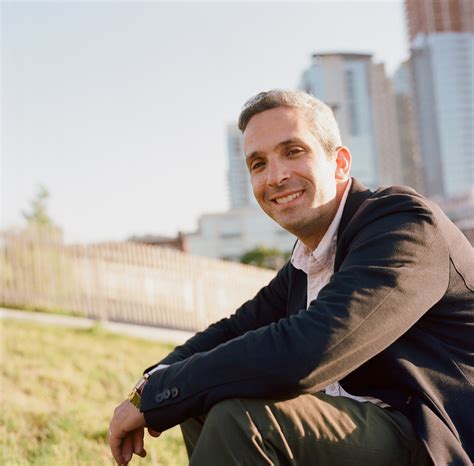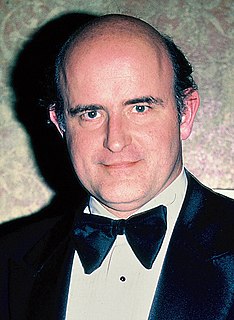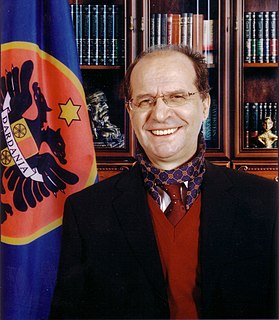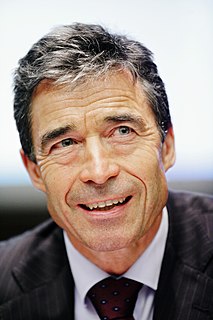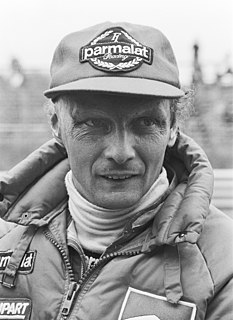A Quote by David Sax
My family's from Eastern Europe.
Quote Topics
Related Quotes
For people familiar with Eastern Europe, Marci Shore's 'The Taste of Ashes' is, in spite of its subject matter, delicious. A professor at Yale with much experience in Eastern Europe, she writes with great sureness of touch, weaving personal recollections with intellectual commentary and ideas with emotions, including her own.
Once the Eastern Bloc collapsed, what I call 'historical spontaneity' prevailed and the countries that were subject to Soviet control naturally gravitated to the West. That's where they sought their security; I don't think there was a way to avoid that. If we tried to exclude them, we would have today not one Europe, we would have three Europes: one in the West, one in the middle and one in the East, and the middle would be insecure and a tempting target. The insecurity felt [today] by Eastern Europe would be replicated on a much larger and more consequential scale.
I think that in this globalised world, the local is going to become more and more important - it is a paradox. You see it in Western Europe more and more. Eastern Europe is still coming out of the Soviet uniform cultural era, but this kind of separation and nationalism is very obvious now in Western Europe.
I definitely think my ancestry has something to do with my politics. And I think being deeply suspicious of government and communists is implicit in a lot of first-generation immigrants, particularly from Eastern Europe. My mom came over from Romania when she was a kid and they fled the commies who took their family hemp farm.
